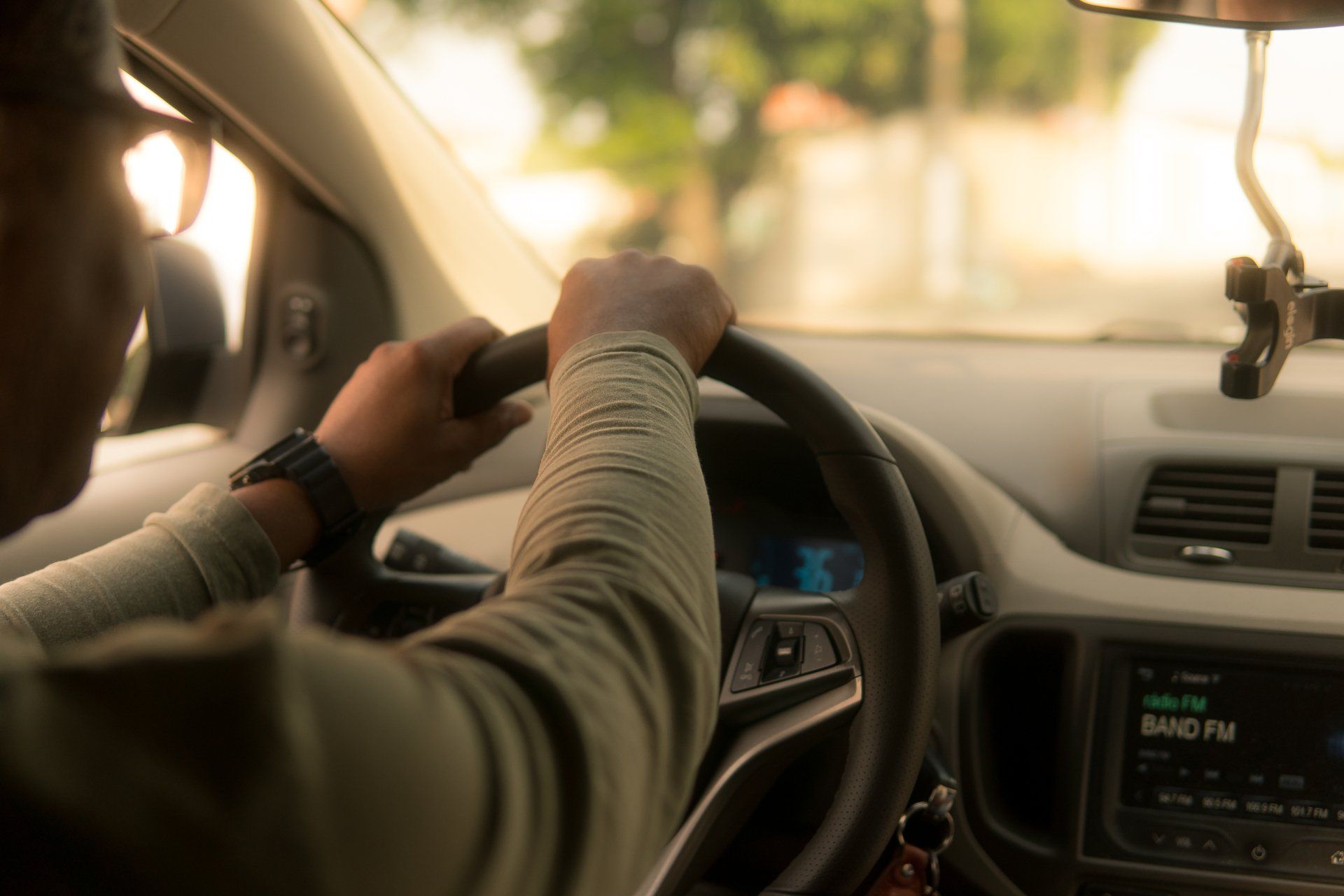Frequently Asked Questions about Consular Processing
Frequently Asked Questions about Consular Processing
In this blog, we are going to discuss frequently asked questions about consular processing. If you, or a loved one, wants to learn even more about consular processing, read our blog about consular processing and contact Wheeler Law to start your fight for permanent residency.
Who can attend the consular interview?
-Applicant and the petitioner
Can I-130 be approved without an interview?
- Yes, making sure your case includes the proper documentation will increase chances of getting approved without an interview.
Is a medical exam required for consular processing?
When applying for an immigrant visa through consular processing, a medical exam with a designated civil surgeon is required. The medical exam determines whether an individual is inadmissible on health grounds, including for having certain communicable diseases, for not having received certain vaccinations, or for substance abuse/addiction.
While the medical exam includes blood and urine tests for other purposes, it does not normally include drug testing. However, the exam always includes drug screening, including verbal questions about substance use and a review of any medical records for substance use treatment. The physician has discretion to order drug testing based on the answers given to questions related to substance use, as well as on other observations about appearance, behavior, and so forth. Because inadmissibility requires a diagnosis of a substance-related disorder, pertaining to a substance in the Controlled Substances Act, a drug test may be needed to assess current substance use.
It is necessary to answer all questions honestly at the medical exam. Disclosing drug use does not automatically make someone inadmissible. Rather, disclosure may trigger a drug test; an individual who previously used drugs, but no longer does, will be able to demonstrate as much. A significant history of use may also prompt requirements of evidence of remission, such as completion of a program for substance abuse.
Which is better: Adjustment of Status or Consular Processing?
- Adjustment of Status is a faster process and does not require an applicant to depart the country. However, not everyone is eligible for Adjustment of Status, but may obtain their residency through consular processing.
How long is consular processing taking?
- Depends on the consulate in your home country.
Can consular processing be denied?
- Yes, your application can be denied for various reasons; such as, if you are not honest with immigration about your immigration history in the United States, if you have more than one unlawful entry into the United States, if you have a history of criminal history in the United States or previous deportations.
Can you travel during consular processing?
- If you are currently in the United States and waiting for your interview at the consulate, we do not recommend that you depart the country until your interview date is scheduled. If you travel outside of the country, you will need to remain outside the United States until your interview date is scheduled and your case is approved.
Do visa officers know your travel history?
- YES, do not lie about your travel history!
What happens after the U.S. Consulate interview?
After the consular interview, you will receive a decision on your case. If your case is approved, the consulate will prepare a packet returning all of your original documents to you, including your passport with a visa that allows you to enter the country. The consulate will notify you when and where to pick up your packet and passport. Once you have your documents and passport, you may enter the United States lawfully.
Wheeler Law is available to answer any other questions you may have, and/or help you take the next steps to your, or your loved ones, future. Wheeler Law works hard to defend your legal rights and keep families together. Call us now to schedule a consultation: 602-586-5625.
Follow us on social media for more tips about consular processing.







